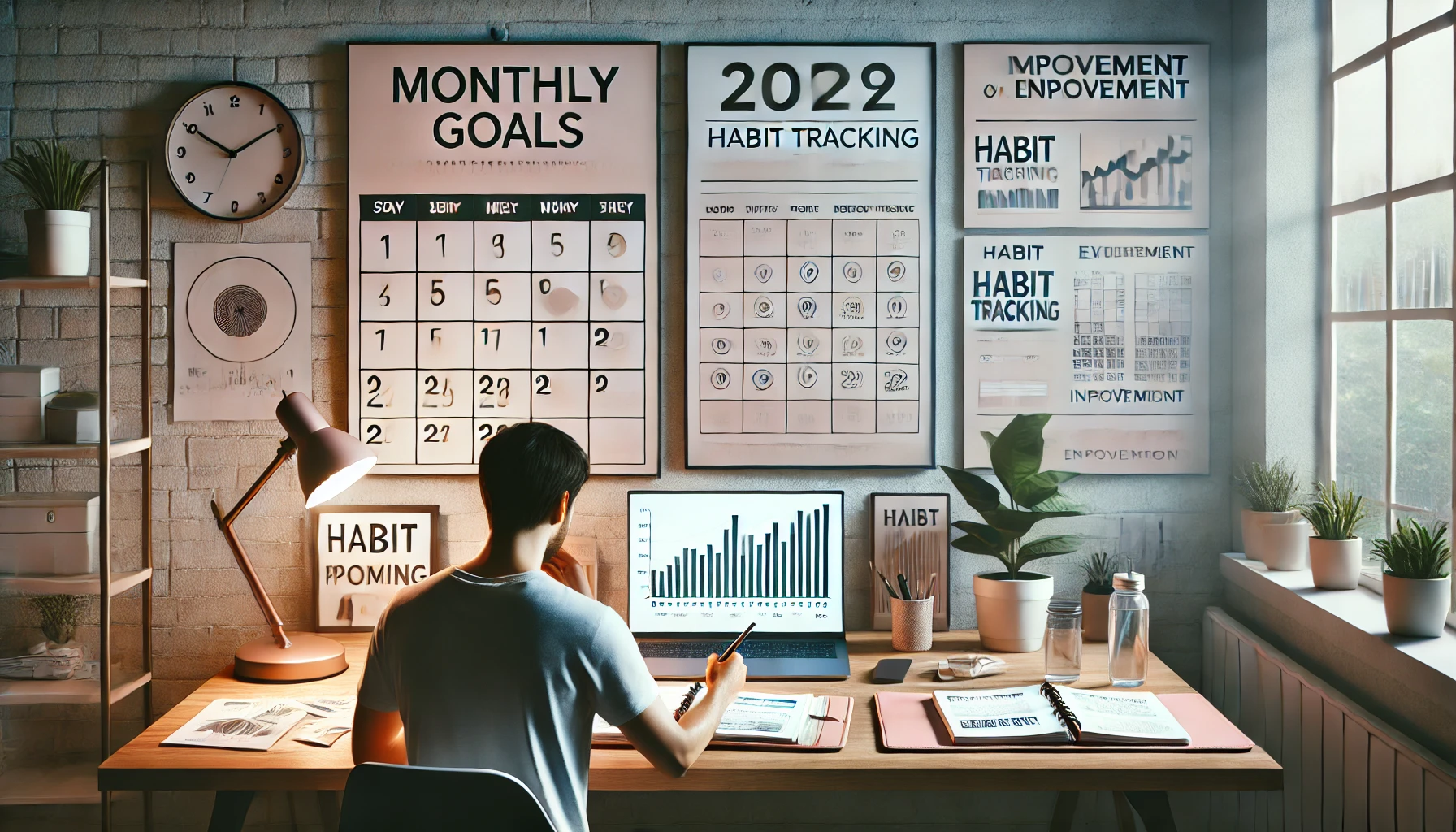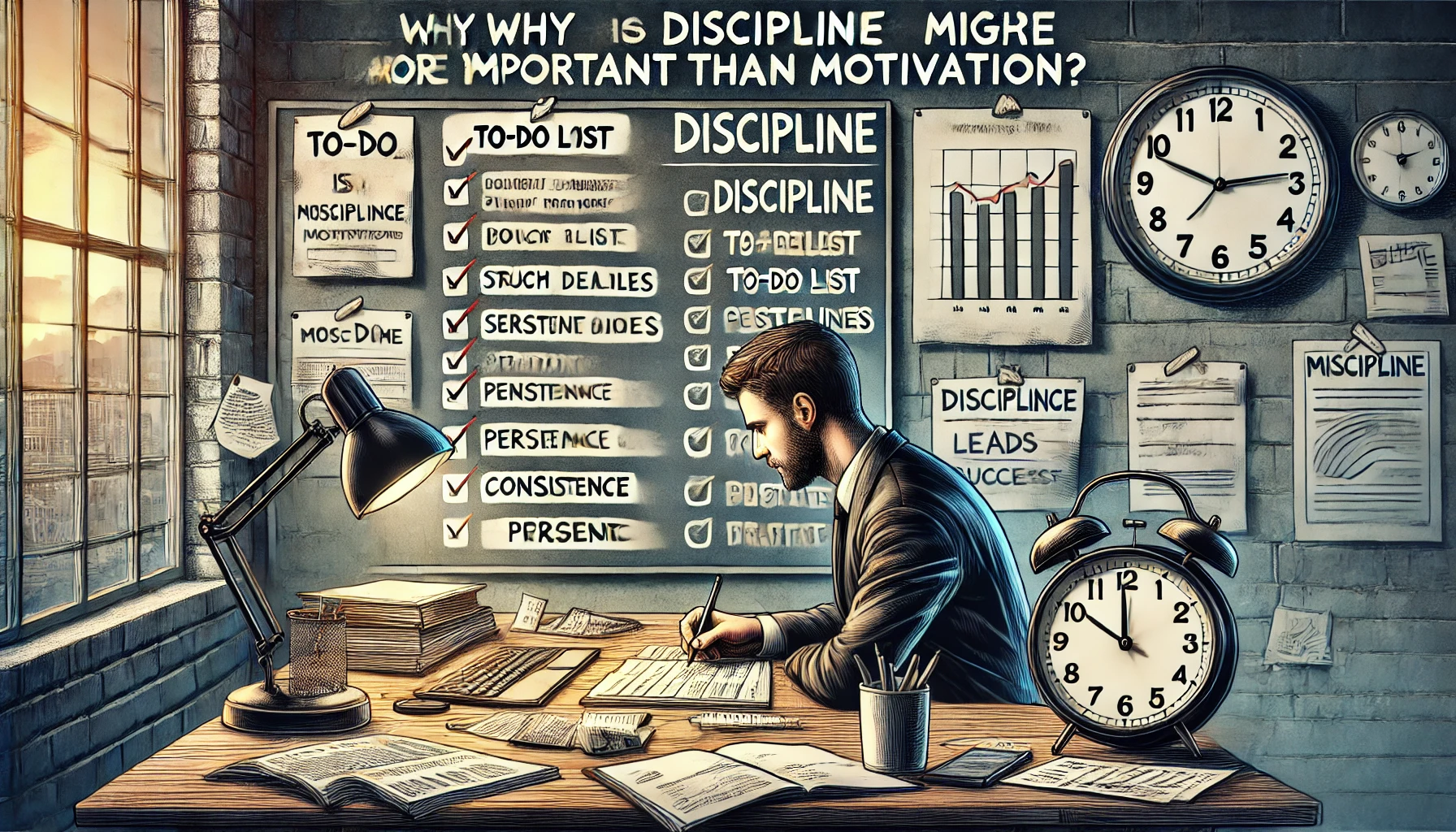Self-improvement, or the continuous pursuit of personal growth, is one of the most powerful forces behind habit formation. Developing lasting habits is not just about discipline or motivation—it’s about adopting a mindset of constant progress. When you focus on getting better every day, building strong habits becomes natural and sustainable.
In this guide, you’ll learn how self-improvement fuels habit formation, why mindset matters, and practical strategies to develop habits that stick for a lifetime.
Why Self-Improvement is the Foundation of Habit Formation
The process of self-improvement encourages reflection, adjustment, and commitment, all of which are essential for habit-building. When you see yourself as a work in progress, you become more open to creating and sustaining positive habits.
| Self-Improvement Principle | How It Helps Build Habits |
|---|---|
| Growth mindset | Encourages consistency and adaptation |
| Self-awareness | Helps identify strengths and weaknesses |
| Goal-setting | Provides direction for habit formation |
| Reflection & adjustment | Ensures habits evolve with your needs |
Instead of seeing habits as static routines, self-improvement allows you to see them as part of your ongoing journey.
The Growth Mindset: The Key to Lasting Habits
The way you think about change determines whether your habits will last. According to psychologist Carol Dweck, people have either a fixed mindset or a growth mindset:
| Fixed Mindset | Growth Mindset |
|---|---|
| Believes abilities are set | Believes abilities can improve |
| Quits when faced with obstacles | Sees challenges as opportunities |
| Fears failure | Learns from mistakes |
People with a growth mindset are more likely to stick with habits because they believe they can improve over time.
📌 Example: Someone with a fixed mindset might say, “I’m just not a morning person,” and never attempt to wake up early. A person with a growth mindset will say, “I can become a morning person by gradually adjusting my routine.”
By shifting to a self-improvement mindset, you make habit formation easier and more sustainable.
The Role of Self-Discipline in Habit Formation
Self-discipline is not about forcing yourself to do things you hate—it’s about aligning your habits with your long-term goals.
✅ How to Strengthen Self-Discipline for Habit Formation:
- Create an identity-based habit – Instead of saying, “I want to read more,” say, “I am a reader.”
- Make small commitments – Start with five minutes a day instead of overwhelming yourself.
- Track progress – Use habit trackers to see small wins.
- Set clear goals – Define why the habit matters in your self-improvement journey.
| Weak Habit Formation | Strong Habit Formation |
|---|---|
| Based on motivation | Based on consistency |
| Lacks structure | Uses clear systems |
| Focuses on big changes | Starts small and builds over time |
The stronger your self-discipline, the easier it is to sustain habits without relying on motivation.
How to Build Lasting Habits Through Self-Improvement
1. Start Small and Improve Gradually
Many people fail at habit-building because they try to change too much too quickly. The secret to lasting habits is starting small and improving over time.
✅ The 1% Rule (Kaizen Method):
- Instead of trying to exercise for an hour, start with five minutes a day.
- Instead of reading an entire book, start with one page per night.
- Instead of overhauling your diet, start by drinking more water daily.
📌 Why This Works: Small changes feel easy, and they build momentum. Over time, they become part of your identity.
2. Track and Reflect on Your Progress
One of the best ways to reinforce habits is to track them consistently. By measuring progress, you stay motivated and adjust when needed.
✅ How to Track Habits Effectively:
| Method | How It Helps |
|---|---|
| Habit tracker app | Creates visual progress and reminders |
| Bullet journal | Provides space for reflection and growth |
| Accountability partner | Adds external motivation |
Reflection is just as important as tracking. Ask yourself:
- What’s working well?
- What’s difficult about this habit?
- How can I make it easier or more enjoyable?
Tracking ensures you stay on the right path and adjust as needed.
3. Eliminate Barriers to Good Habits
Many people struggle with habits because their environment works against them. If you want lasting habits, make them effortless to follow.
✅ Examples of Removing Barriers:
- Want to exercise? Keep workout clothes ready the night before.
- Want to eat healthier? Remove junk food from your kitchen.
- Want to read more? Place a book on your pillow every night.
| Bad Habit Setup | Better Habit Setup |
|---|---|
| Phone in bedroom = late-night scrolling | No phone in bedroom = better sleep |
| Snacks visible = mindless eating | Healthy snacks visible = better choices |
Make good habits convenient and bad habits harder to do.
4. Use Rewards to Reinforce New Habits
Your brain loves rewards, and using them correctly can strengthen habits. The key is to reward progress without sabotaging your goals.
✅ Healthy Habit Rewards:
| Habit | Reward |
|---|---|
| Exercised for a month | Buy new workout gear |
| Read daily for 30 days | Get a new book |
| Avoided social media before bed | Enjoy a weekend activity |
Celebrating small wins keeps you motivated and turns habits into long-term behaviors.
5. Stay Flexible and Adjust When Needed
Self-improvement is not about perfection—it’s about progress. Some habits will evolve, and that’s okay.
✅ How to Stay Flexible with Habits:
- If you miss a day, don’t skip twice.
- If a habit isn’t working, modify it instead of quitting.
- If life gets busy, scale the habit down instead of stopping.
📌 Example: If you can’t do a 30-minute workout, do 10 minutes instead. Adjusting helps maintain consistency even when life gets unpredictable.
Final Thought: Self-Improvement is a Habit in Itself
Building lasting habits is not about willpower or perfection—it’s about continuous self-improvement.
When you see yourself as someone who grows every day, habits become part of your identity. By starting small, tracking progress, removing obstacles, and staying flexible, you can create habits that last a lifetime.
The best way to improve your future? Commit to small, consistent actions today.












Leave a Reply